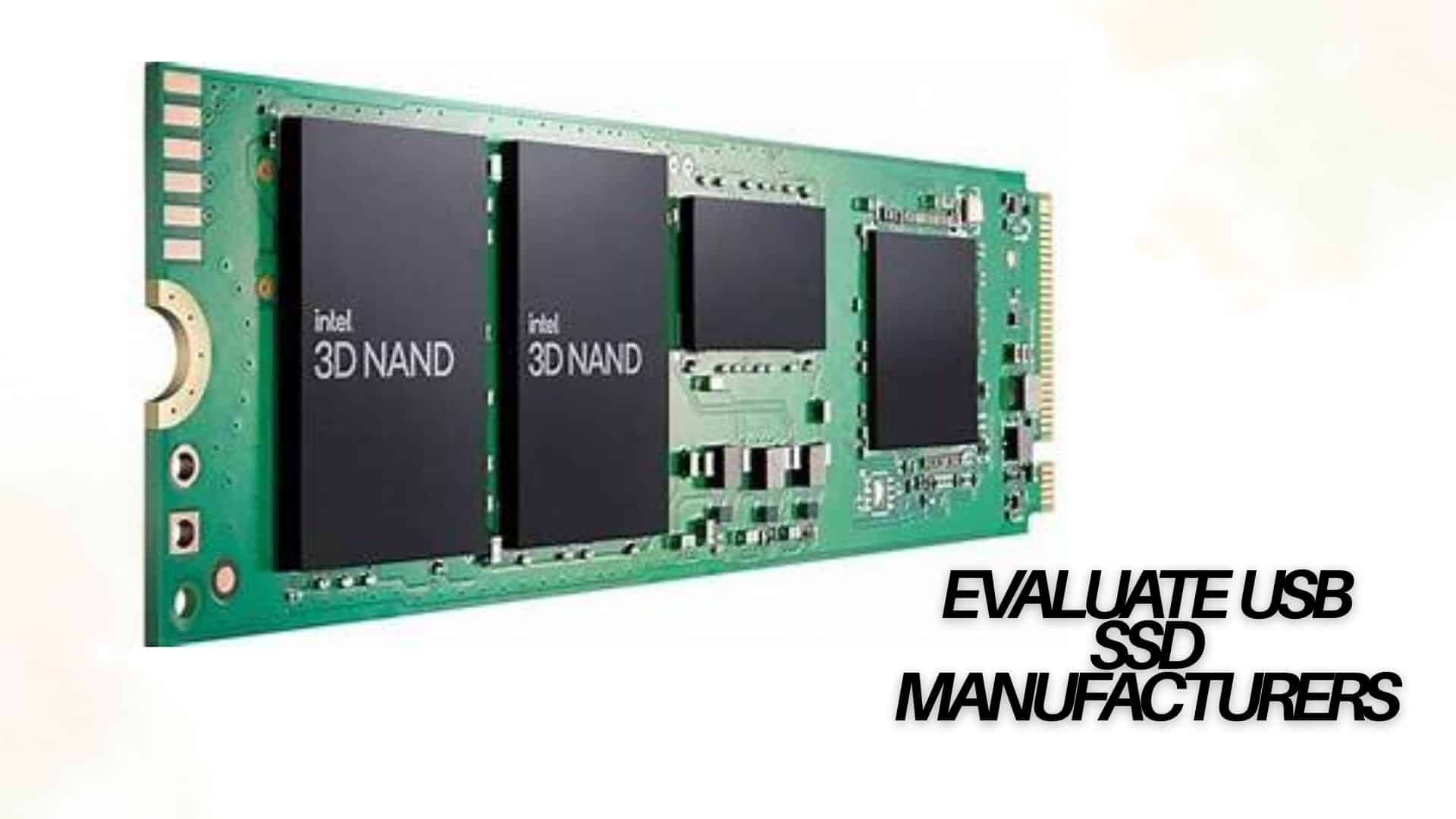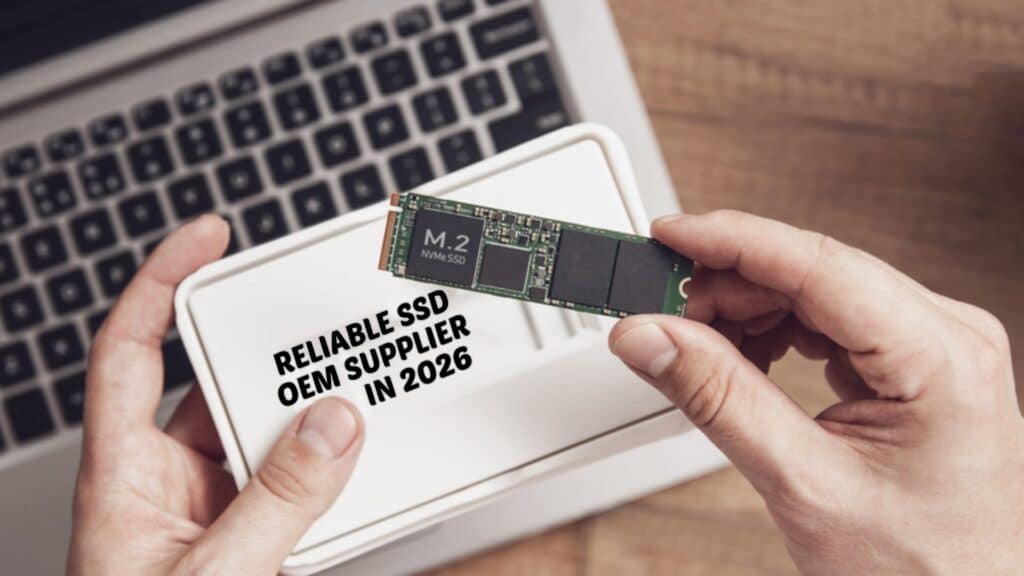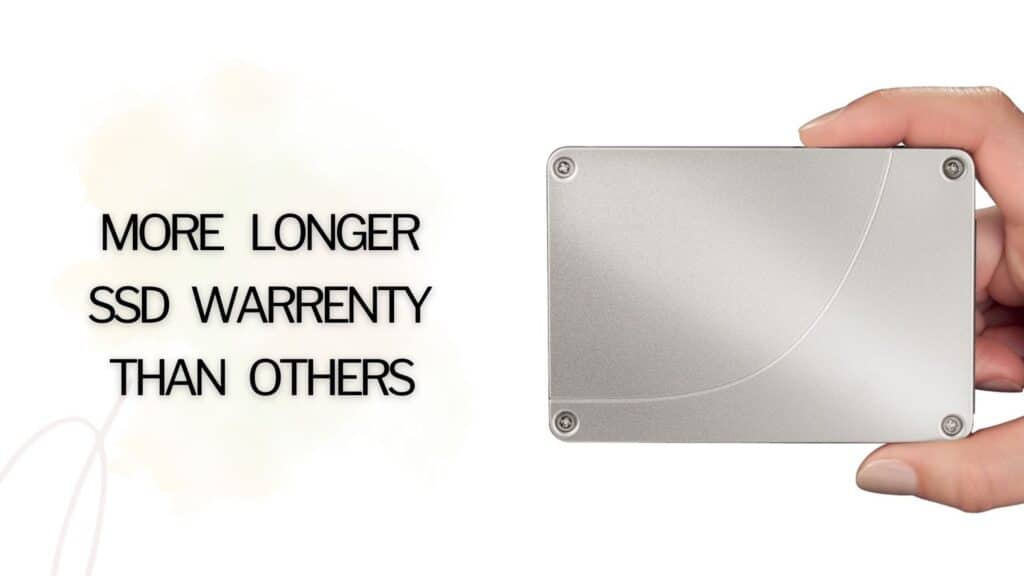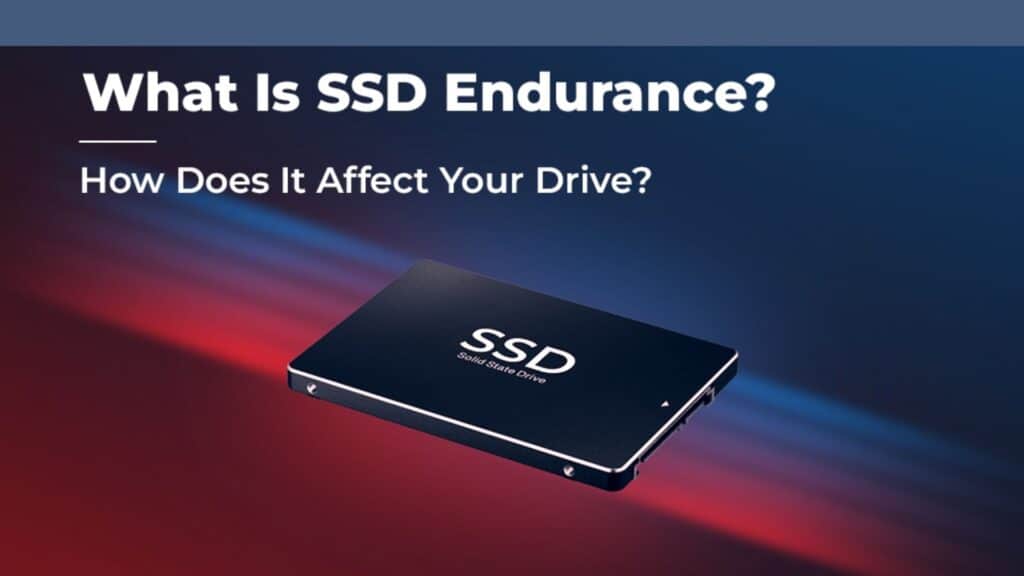How to Evaluate USB SSD Manufacturers for Reliability

Choosing the right SSD internal hard drive, portable SSD drive, or USB SSD is crucial for ensuring long-term performance, data integrity, and durability. With so many brands in the market, evaluating SSD manufacturers based on reliability is essential. A well-built SSD not only enhances speed but also protects against failures that could result in data loss. In this guide, we’ll walk through the key factors that determine SSD reliability and how to identify the best manufacturers.
Why SSD Reliability Matters
Unlike traditional HDDs, SSDs use flash memory, making them faster and more resistant to physical damage. However, not all SSDs are built the same. Some brands use lower-quality NAND flash or inadequate controllers, leading to higher failure rates. Whether you’re upgrading to an SSD internal hard drive for better system performance, a portable SSD drive for on-the-go storage, or a USB SSD for quick data transfers, reliability should be a top priority.
Key Factors to Evaluate SSD Manufacturers
1. NAND Flash Type and Quality
The type of NAND flash memory used in an SSD greatly impacts its reliability. Manufacturers use different types of NAND flash, including:
- SLC (Single-Level Cell) – The most durable and fastest but also the most expensive.
- MLC (Multi-Level Cell) – Offers a balance between performance and lifespan.
- TLC (Triple-Level Cell) – More affordable but has a shorter lifespan compared to SLC and MLC.
- QLC (Quad-Level Cell) – Least expensive but has lower endurance.
Reliable manufacturers use high-quality NAND chips and proper firmware optimization to maximize lifespan and performance.
2. SSD Controller and Firmware
The SSD controller acts as the brain of the drive, managing data flow and wear leveling. A poorly designed controller can lead to slowdowns and premature failures. When evaluating manufacturers, check:
- Controller brand (Samsung, Phison, Silicon Motion, Marvell, etc.).
- Firmware stability – Reliable brands release firmware updates to fix bugs and enhance drive performance.
3. Endurance and TBW Rating
Endurance is measured in TBW (Terabytes Written), indicating how much data an SSD can write before it starts degrading. For example, a high-quality SSD internal hard drive should have a TBW rating of at least 600TB for long-term reliability.
Manufacturers like Samsung, Crucial, and Western Digital clearly list TBW ratings, making it easier to compare models.
4. Read and Write Speeds
Speed is a crucial factor, especially for users dealing with large files. However, some manufacturers advertise unrealistic speeds. When assessing SSD reliability, look at:
- Sequential read/write speeds – Important for large file transfers.
- Random 4K read/write speeds – Essential for system performance and multitasking.
- Sustained performance – Some lower-quality SSDs slow down over time due to overheating or cache limitations.
For instance, a high-performance portable SSD drive should maintain speeds above 1,000MB/s for reliable performance.
5. Warranty and Support
Top manufacturers back their products with strong warranties. A standard SSD warranty is between 3 to 5 years, but premium models may offer up to 10 years. A longer warranty indicates the manufacturer’s confidence in their product’s durability.
Check for:
- Warranty duration – Avoid SSDs with less than a 3-year warranty.
- Customer support reputation – Some brands offer better support than others.
- RMA (Return Merchandise Authorization) policies – How easy is it to replace a faulty drive?
6. Brand Reputation and User Reviews
Researching user experiences can reveal a lot about an SSD’s reliability. Some brands consistently perform well, while others have a history of failures. Look for:
- Professional reviews from tech websites like Tom’s Hardware and AnandTech.
- User reviews on Amazon, Newegg, and Reddit.
- Failure rate reports – Backblaze and other data centers often publish SSD failure statistics.
7. Power Efficiency and Heat Management
A good SSD should operate efficiently without excessive power consumption or overheating. High power usage can shorten the lifespan of an SSD and reduce battery life in laptops.
- Low power consumption is especially important for USB SSD and portable SSD drive users who rely on battery-powered devices.
- Thermal management features like heatsinks or firmware-based throttling prevent performance drops.
8. Compatibility with macOS and Windows
Some SSDs perform better on specific operating systems due to optimized drivers and firmware. Ensure that the SSD you choose supports:
- TRIM support – Essential for SSD longevity.
- Native macOS and Windows compatibility – Some drives require additional formatting or drivers.
- USB-C or Thunderbolt compatibility – Important for high-speed USB SSD connections.
Best SSD Manufacturers Based on Reliability
1. Samsung
Samsung consistently ranks as one of the most reliable SSD manufacturers, offering high-quality NAND and powerful controllers. Popular models include:
- Samsung 990 Pro (for high-end performance).
- Samsung T7 Shield (a durable portable SSD drive).
2. Western Digital (WD)
WD’s SSDs are known for their reliability, with excellent endurance ratings. Recommended models:
- WD Black SN850X (fast NVMe SSD).
- WD My Passport SSD (USB SSD with strong performance).
3. Crucial (Micron Technology)
Crucial SSDs are affordable yet reliable. Their best options include:
- Crucial P5 Plus (high-performance NVMe SSD).
- Crucial X9 Pro (a budget-friendly portable SSD drive).
4. Kingston
Kingston SSDs are durable and come with strong warranties. Recommended options:
- Kingston KC3000 (great for professional use).
- Kingston XS2000 (USB SSD with excellent speed).
5. Seagate
Seagate’s SSDs provide high endurance and reliability. Popular choices:
- Seagate FireCuda 530 (one of the best NVMe SSDs).
- Seagate One Touch SSD (a compact portable SSD drive).
How to Choose the Right SSD for Your Needs
| Use Case | Best SSD Type | Recommended Brands |
| Gaming & High-Speed Computing | NVMe SSD | Samsung 990 Pro, WD Black SN850X |
| General Storage & OS Boot Drive | SSD internal hard drive | Crucial P5 Plus, Kingston KC3000 |
| On-the-Go Storage | Portable SSD drive | Samsung T7, Crucial X9 Pro |
| Quick Data Transfers | USB SSD | WD My Passport SSD, Kingston XS2000 |
How Fortune Port Electronics Limited Ensures SSD Quality
As a professional SSD factory with over 15 years of experience, Fortune Port Electronics Limited has built a strong reputation for delivering high-quality storage solutions. The company ensures the reliability of its SSD internal hard drive, portable SSD drive, and USB SSD products through strict quality control, advanced manufacturing processes, and rigorous testing. Fortune Port Electronics Limited uses premium NAND flash memory, state-of-the-art controllers, and optimized firmware to enhance performance and durability. Every SSD undergoes extensive stress testing, including temperature resistance, read/write cycle endurance, and power failure protection. By adhering to international quality standards and continuous innovation, Fortune Port Electronics Limited guarantees SSDs that provide exceptional speed, stability, and longevity for users worldwide.
Conclusion
Choosing a reliable SSD manufacturer requires more than just looking at advertised speeds. The type of NAND flash, SSD controller, endurance rating, and customer support all play a crucial role in long-term reliability. Whether you need an SSD internal hard drive for your computer, a portable SSD drive for mobility, or a USB SSD for quick data transfers, always evaluate brands based on proven reliability. Investing in a high-quality SSD ensures faster performance, lower failure rates, and greater data security.






